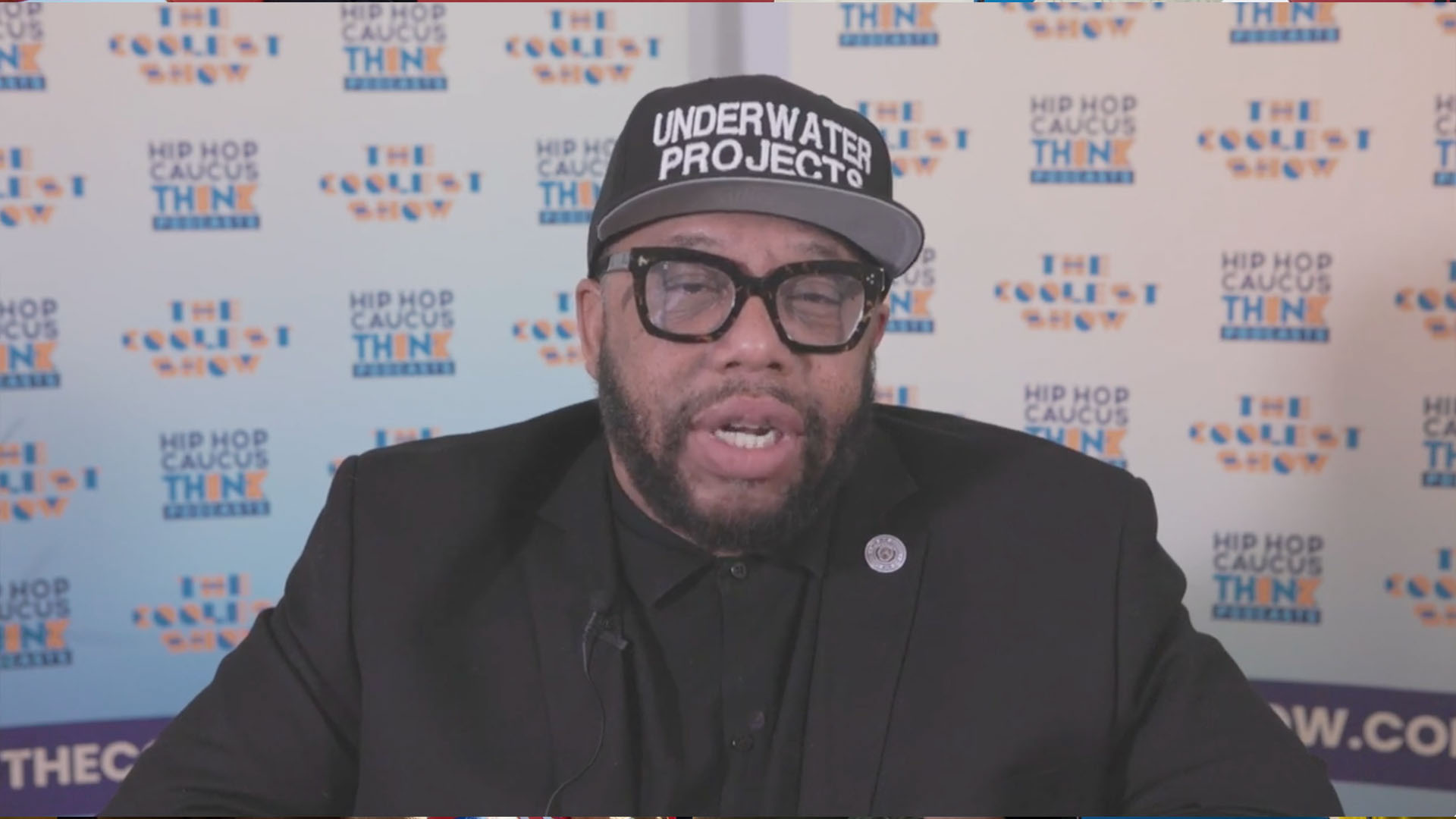In his talk “Immersive Storytelling and Intersectionality in Climate Justice Organizing,” Rev. Lennox Yearwood Jr. addresses the interconnected issues of climate change, poverty, economic injustice, and other social injustices affecting vulnerable communities. He explains that it takes collective organizing around the deeper problems of inequality to effectively address the climate crisis and he shares strategies the Hip Hop Caucus uses, including immersive storytelling across mediums, to tackle this work head-on. He discusses the importance of listening to and uplifting frontline leaders working on climate solutions in their communities and encourages us all to be intersectional environmentalists, recognizing that climate justice is racial justice and racial justice is climate justice.
At the root of all this work, he speaks of cultivating a world worth saving and keeping hope alive. Rev. Lennox Yearwood Jr. is a community activist and the President and CEO of Hip Hop Caucus, a nonprofit addressing issues impacting underserved and vulnerable communities, including climate change. As a national leader within the Green Movement, Rev. Yearwood successfully bridges the gap between communities of color and environmental issue advocacy. He is a leader in campaigns calling for divestment from fossil fuels and increasing diversity in the climate movement. He has fought on the frontlines for vulnerable communities, including at the international climate negotiations in Paris and efforts to fight new oil pipeline developments in Maryland and at Standing Rock.
In 2018, Rev. Yearwood helped launch Think 100%, Hip Hop Caucus’s award-winning climate communications and activism platform. Comprised of podcast, film, music, and activism opportunities, the platform challenges environmental injustices and shares just solutions to the climate crisis, including a transition to 100% renewable energy for all. This lecture is part of the series “Collective Climate Action: Inspired Organizing for Our Future” produced in spring of 2024 by Spring Creek Project at Oregon State University.
